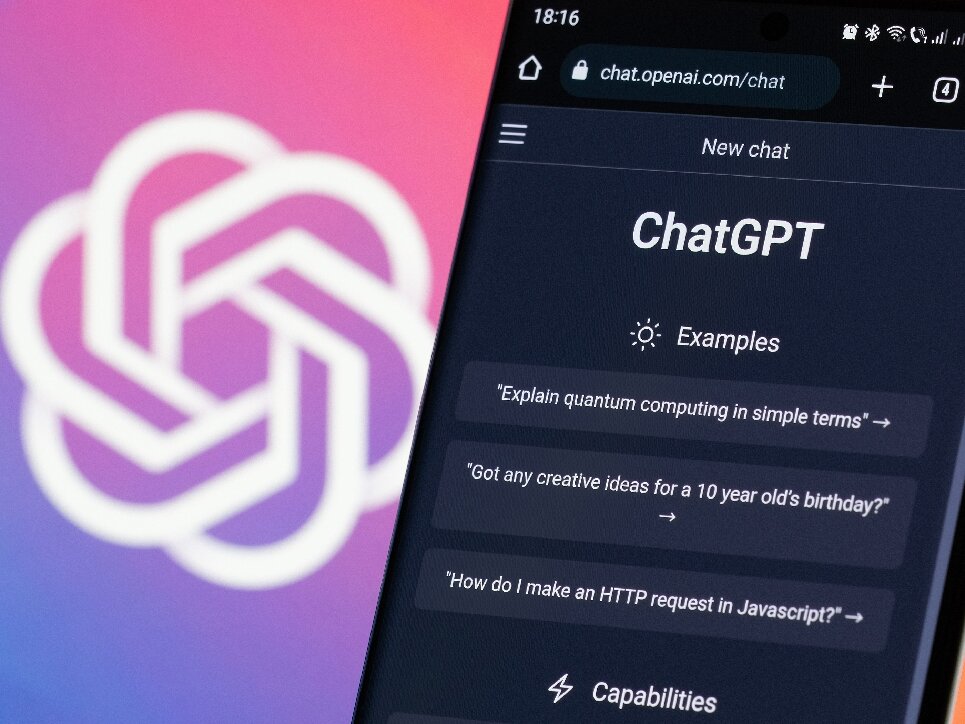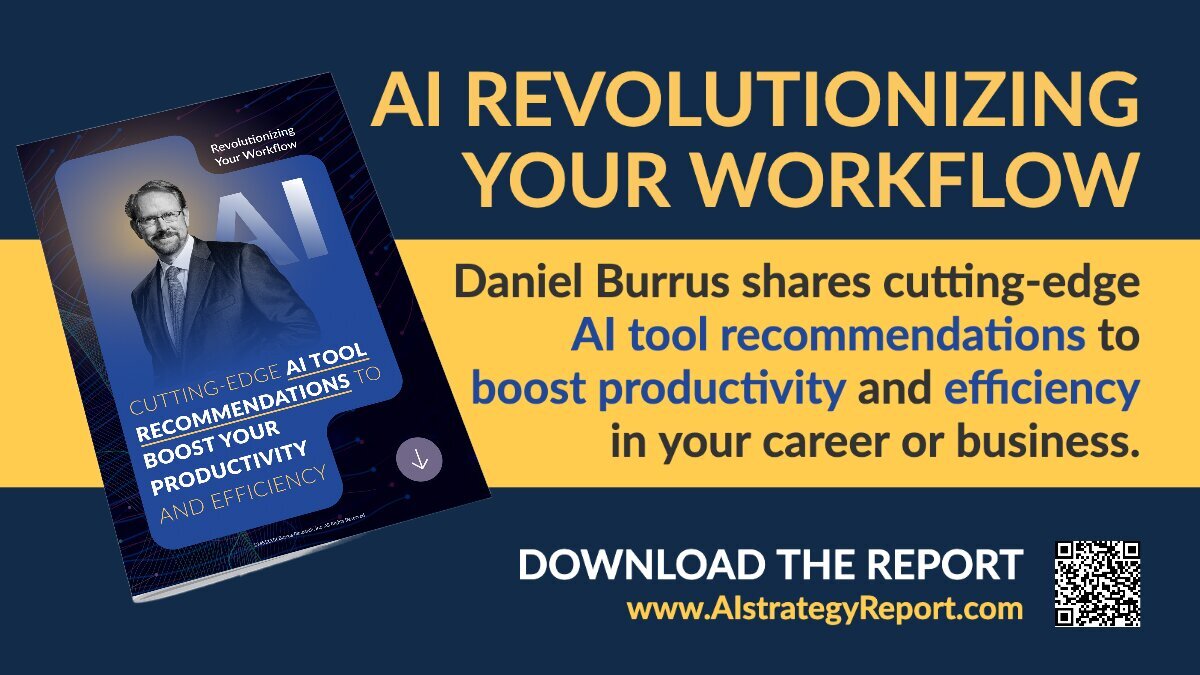As a futurist, I am delighted to share my insights on various topics, including change, transformation, technology, and advancements in artificial intelligence (AI).
In this article, I will discuss several key concepts I explored during a recent podcast interview with PMMI, shedding light on the power of transformation and the role of AI in shaping our future.
In addition, it’s imperative that I explore the importance of embracing an Anticipatory Mindset in our fast-paced world of constant change.
Understanding change and transformation
It is essential to differentiate between change and transformation. Change is often triggered externally, compelling organizations, individuals, or teams to react. On the other hand, transformation arises from within, allowing us to proactively shape our future. Embracing transformation grants us control and empowers us to actively mold our destinies.

Let’s consider the example of mobile technology. The introduction of the Blackberry brought change by enabling mobile email access. However, the first iPhone epitomized transformation by creating the first mobile multimedia computer with features like GPS, video, audio, and photography. The transformative nature of the first iPhone was not the phone itself, it was how humans applied its many features to do revolutionary things.
The resulting transformative impact fundamentally altered how we interacted with technology. It is crucial for us to assess whether our innovations merely represent incremental changes or true transformations.
The role of Generative AI and ChatGPT
When it comes to generative AI, it is vital to address concerns regarding its impact on employment.
AI itself is like all technology: it is neutral, devoid of inherent goodness or evilness. The same tool that can give you cancer can cure it. It’s not the tool, it’s how we as humans apply it. The true value lies in our application of this technology. Individuals who leverage AI will replace many of those who fail to do so, highlighting the potential of AI as a valuable asset rather than a threat.
In the context of AI, generative AI (e.g., ChatGPT) is particularly noteworthy because it can generate new content; AI did not do this in the past. This AI system possesses the capability to generate diverse forms of content, spanning text, video, audio, images, and even code. However, we must remain cautious, as ChatGPT does not guarantee 100% accuracy or fully grasp the nuanced preferences of specific audiences.
It is imperative for human intervention to fact-check, maintain credibility, and infuse personal insights to enhance the output produced by AI.
The evolutionary revolution of AI

I’ve been studying, writing about, and consulting with companies about AI for the past four decades, and during that time, AI has undergone a fascinating evolution.
Now, with large language models (LLM) enabling generative AI, including ChatGPT, we have reached a revolutionary phase.
When OpenAI released ChatGPT as a free experiment to the world, it became the fastest-growing software ever, attracting over a hundred million users within two months. This rapid growth has posed a significant challenge to established companies, including the largest technology companies, causing their services to become less relevant.
Consequently, other industry players have joined the AI revolution, developing their own generative AI systems.
[ag-widget]
Embracing an anticipatory mindset
In the face of rapid change, embracing an anticipatory mindset is of paramount importance.
Agility, which focuses on reacting swiftly to disruptions and problems after they occur, is valuable but, due to increasing exponential technology changes, insufficient. Anticipation, on the other hand, involves identifying and proactively solving predictable future problems and disruptions before they happen — an essential approach in an era of accelerating exponential change.
To navigate the future effectively, I invented the concepts and methodology of Hard Trends and Soft Trends. Hard Trends represent future facts that are certain to occur, while Soft Trends embody assumptions that may or may not materialize.
By identifying Hard Trends and aligning them with relevant opportunities, individuals and organizations can develop strategies with low risk and high potential.
Looking ahead: transforming business processes
Looking to the next three years, businesses have an incredible opportunity to transform their processes, products, and services across various domains, including sales, marketing, communication, education, and product development. Technological advancements such as generative AI, 3D printing, IoT, and 5G wireless, to name a few, enable us to achieve what was once considered impossible.
In summary, understanding that we are now in a revolutionary, transformative state that will continue to accelerate change and disruption, it is now imperative to have an Anticipatory Mindset in navigating the future. Generative AI, particularly ChatGPT, offers immense potential when harnessed effectively.
By differentiating between change and transformation, recognizing Hard Trends, and adapting business processes accordingly, we can seize opportunities.
The digital future waits for no one. Secure your place at the forefront of the AI revolution. Visit www.aiStrategyReport.com to get cutting-edge AI tool recommendations to boost your productivity and efficiency from Daniel Burrus.
For more business and entrepreneurship tips, subscribe to our weekly newsletter and follow us on Twitter, Facebook, Instagram, and LinkedIn.








![The 15 best finance websites you should bookmark right now [2025 Edition] alphagamma The 15 best finance websites you should bookmark right now [2025 Edition] entrepreneurship finance opportunities](https://agcdn-1d97e.kxcdn.com/wp-content/uploads/2024/09/alphagamma-The-15-best-finance-websites-you-should-bookmark-right-now-2025-Edition-entrepreneurship-finance-opportunities-300x350.jpg)